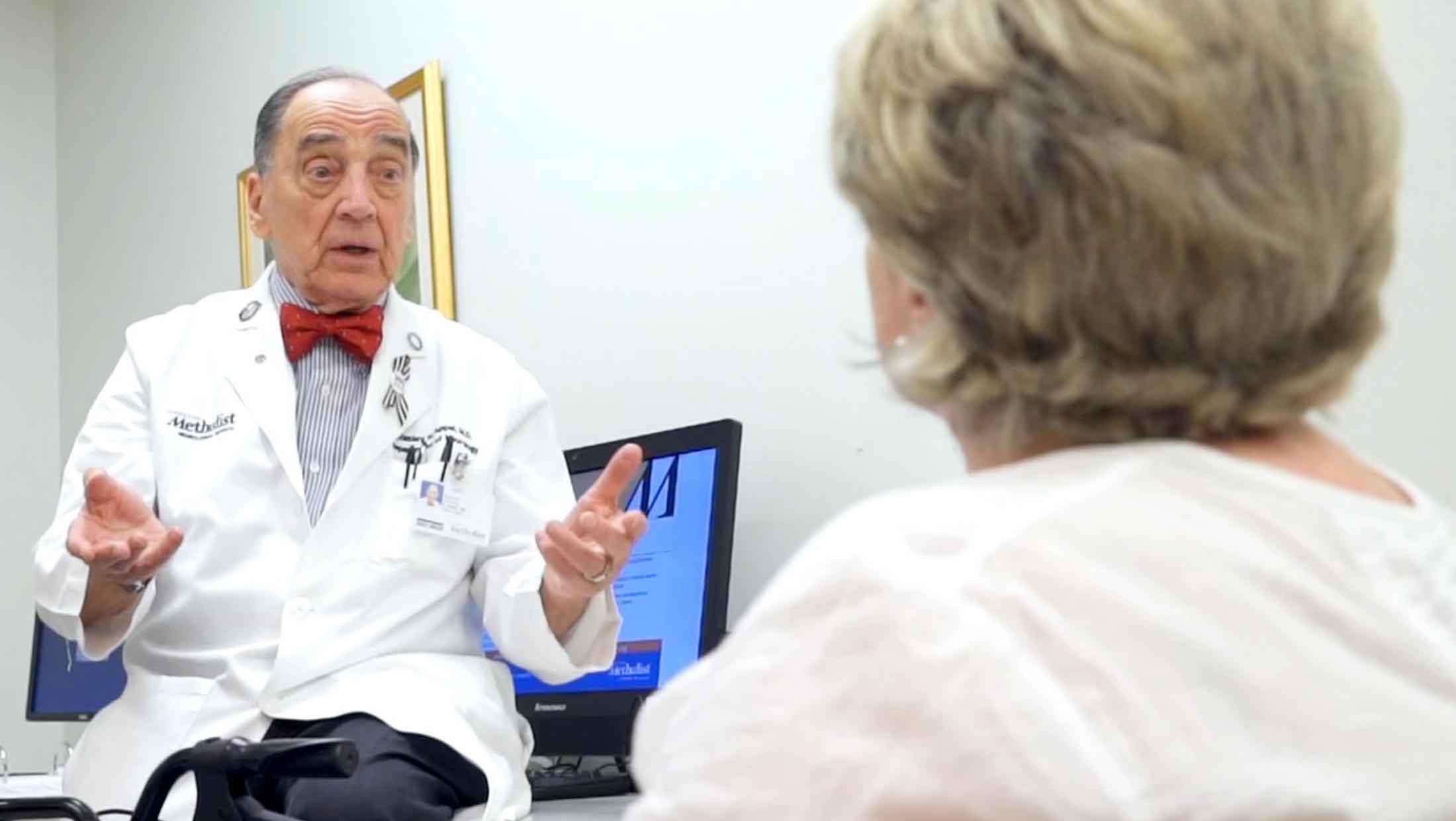Human Brain : Command and Control Centre
Amyotrophic Lateral Sclerosis (ALS-Lou Gehrig`s disease) is a neurodegenerative motor neurone disease that paralyzes the human body over time. ALS causes muscles to break down to the extent that those afflicted with ALS lose the ability to walk, talk, eat, swallow -- and given enough time -- breathe. About 80 percent of sufferers will die within two to three years of diagnosis of this dread disease for which there is no cure. Its cause is a mystery.
 |
There are therapies of moderate success able to slow the decline and improve quality of life, but modestly. Over 50 drugs are being researched as potential treatments. Three of those drugs have been approved in Canada: Riluzole, an oral medication, helps to protect the motor system from neurotoxicity, slowing the disease progression by five to ten percent over time. Its survival benefit is around two to three months. Edaravone was found in a small clinical trial to slow ALS`s progression by roughly 30 percent in its early stages.
The third drug, approved in 2022, is sodium phenylbutyrate-taurursodiol (PB-TURSO) which a small study showed progression was slowed by about 35 percent in early stage disease. None of these drugs are able to halt the progression of the disease, much less return any functional loss; patients continue to decline, albeit at a slower rate. One drawback is the expense involved with these drugs whose use is effective in early onset stage of the disease.
Each medication targets a different area; Riluzole, the chemical unbalance causing neurotoxicity; Edaravone, free radicals, and PB-TURSO helps metabolism of the motor neurones. How ALS is caused remains a mystery other than in about 90 percent of cases sporadic AlS typically begins in adulthood and is marginally more common in males than females. The genetic forms of ALS are slightly better understood, and they account for about ten percent of cases.
Dr. Abrahan of Sunnybrook Health Sciences Centre describes a number of clinical trials and research linked to a network formed in 2008 called the Canadian AlS Network, founded by Dr. Lorne Zinman from Univ4rsity of Toronto, which has conducted collaborative research with a goal to better understanding why people contract ALS, how it progresses, and to identify disease markers that can potentially be used to develop therapeutics.

Labels: ALS, Cause, Drugs, Lou Gehrig`s Disease, Research, Therapies

0 Comments:
Post a Comment
<< Home